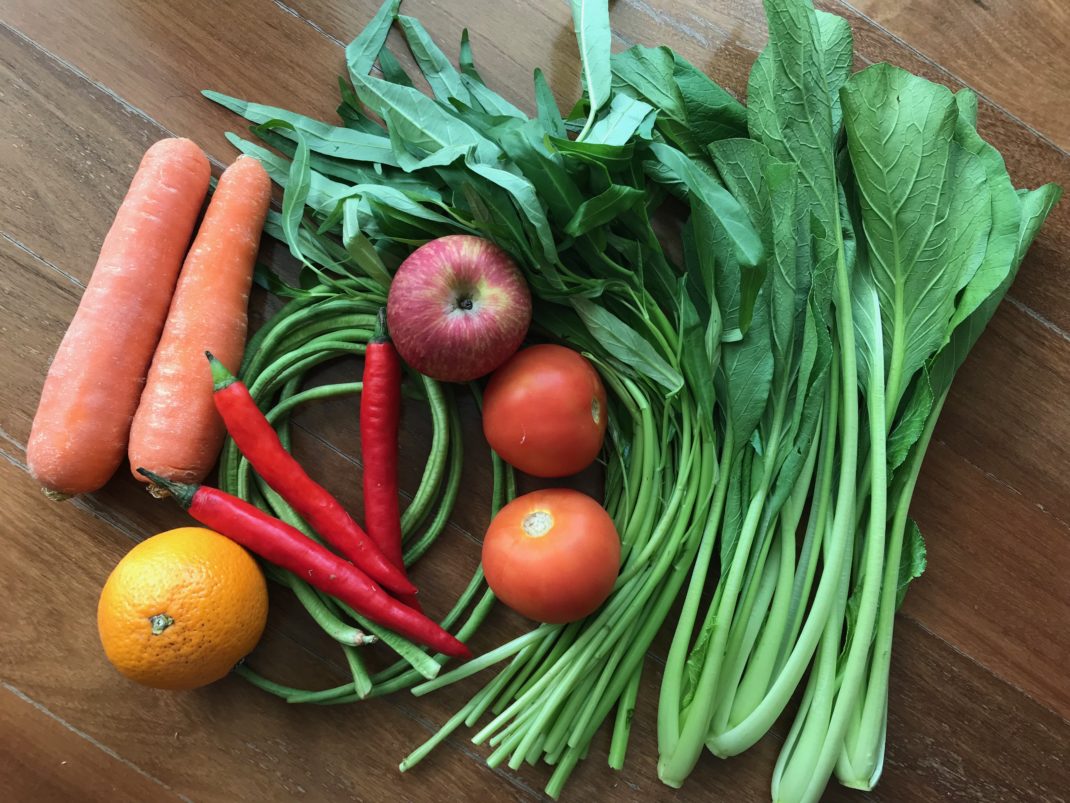In February 2018, a French report was released. In this study, 105,000 middle-aged individuals’ diet and health were monitored over a 5 year period. The report found that a 10 percent rise in the consumption of ultra-processed foods lead to a 12 percent increase in cancer risk. While not scientifically conclusive, it suggests that our diet influences the probability of getting cancer. So, what does this mean for us? What exactly are ultra-processed foods?
In the past, food was traditionally classified according to the proportion of nutrients (vitamins, carbohydrates, fat etc) but in 2009, a new food classification system called NOVA focused on the degree that food is processed.
Processing food is not altogether bad as it helps to preserve food for long periods of time. In ancient times, vegetables and meat were typically dried, fermented and preserved with salt. Today, most of the items that fill up the shelves of your grocery store are somewhat processed. However, it is the degree of processing that is of concern.
NOVA classification of food
According to NOVA, food can be classified as follows:
- Unprocessed or minimally processed foods e.g. fruits, vegetables, fresh seafood and meat, eggs and milk.
- Processed culinary ingredients e.g. spices, herbs and oil.
- Processed foods i.e. food where oil, salt, sugar or herbs have been added e.g. cheese, bread, canned tuna and beancurd.
- Ultra-processed food e.g. fizzy drinks, sweets, packaged biscuits, cereals, margarine, spreads, energy bars, instant noodles, instant sauces, sausages, ham, instant soups, fish nuggets, chicken nuggets, ready-to-heat pizzas and pastas.
This suggests that many ready-to-eat packaged foods may not be good for us.

Why are ultra-processed foods bad for us?
- They tend to be high in fat, sugar and calories. This leads to obesity which is highly correlated to diseases such as diabetes and cancer.
- They contain chemicals that help to preserve, colour and flavour food.
- When food is processed, they lose nutrients (e.g. vitamins, minerals and anti-oxidants) and fibre which are present in higher concentrations in fresh, uncooked food. Both nutrients and fibre are critical for good health.
- Snacks such as potato chips tend to be addictive.
- They are high in trans fats or partially hydrogenated oils. Trans fats are created when hydrogen is added to liquid forms of vegetable oil to form solid fat known as shortening. Since the 1990s, trans fats have been linked to heart disease. Consuming trans fats also leads to obesity, which is in turn linked to a greater risk of diabetes and cancer. Despite all the evidence, trans fats are still commonly used in the commercial processing of food. This is because they are cheap, easy to handle and add a pleasing texture to crispy food. Packaged biscuits, doughnuts and frozen pizzas are some examples of food high in trans fats.
What do we do?
- Eat food that is as natural as possible.
- Buy fresh vegetables and meat.
- Cook at home if possible.
Source: Bernard Srour et al, “Consumption of ultra-processed foods and cancer risk: results from NutriNet-Santé prospective cohort.” BMJ2018, February 14, 2018.




